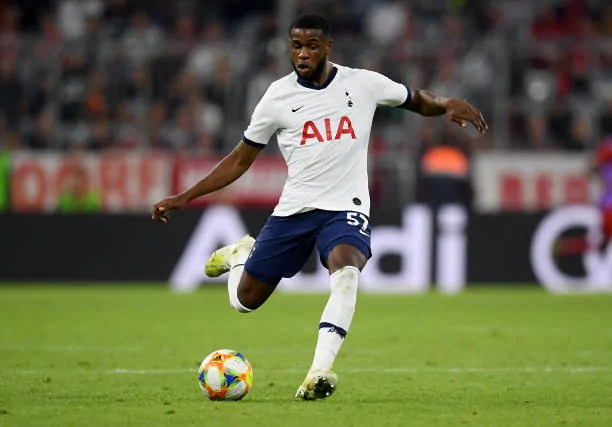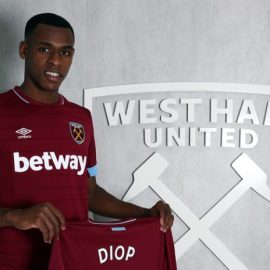£100m for a player. £500k a week. Where’s it all going to end?
Here, hopefully. But sadly, we all know that something along similar (and even more obscene) lines will happen in the summer. The Kaka deal was almost the straw that broke the camel’s back, and there’s a good reason why. According to many experts (particularly eminent on radio chat shows, and pubs) football lost its soul years ago, prostituting itself to TV rights, sponsorship deals, and celebrity culture. For me, this is all true, but it is part of the natural development of the game, and sports in general, although many others are to a lesser extent. But intuitively, the Kaka deal pushed beyond boundaries of acceptability.
Looking at the Kaka deal on its own, the odious Garry Cook from Manchester City has exclaimed that Milan “bottled” the deal. Did they? Or was it more that they finally saw the gravity of the situation (not necessarily for the right reasons)? If this deal had gone through, it would have been the first time an individual had been prized away from a club he loves playing at, and who identifies with the city, and professes a great desire to captain the club one day, despite not even being next in line.
Real Madrid have always been able to be where they are because they have always had access to the world’s finest players. And if they move for Kaka in July, we know this is the way things are. Yes, there is an imbalance, but the time has now come when a seemingly average Premiership outfit can almost prize the most golden of boys from the most golden of clubs. Imbalance has always been part of sport, but the precedent that Man City almost set is utterly dangerous. Robinho was a totally different kettle of fish. Madrid were willing to pawn him as part of the Ronaldo deal, and never quite felt as though he was integral to what was going on at the club. Perhaps the saddest fact is that had City come in with £50m more, maybe Kaka would have gone. Everyone player has his price, and this is the natural conclusion of the free market in football.
The trouble is that everyone dreams of their club being part of the “big time” in the Champions League. Big nights out, two-legged ties, the glorious music blarring as their team lines up at the San Siro, The Bernabau, or the Guiseppe Meazza. And what is all this synonymous with? Cash. Why do clubs simply look to subsist in the Premiership? The money. And why is the FA Cup importance debate arising each year? The money. Money has a nasty nack of bringing things to their natural conclusion, and in a small way, this is slowly beginning to polarize throughout different sports. As with anything, money doesn’t guarantee happiness, but it sure takes the sting out of losing. Heavy investment didn’t buy our cyclists the Gold medals in Beijing, but it sure increased their chances. Which is why, despite Wigan being far superior to Tottenham in recent months, that Wigan accepted, and Wilson Palacios upped and left for £14m. In the longer term, he knows where his bread will be buttered.
What’s the way forward? Fans will just have to sit tight and strap in for the ride. So much of how we relate to the modern football soap opera comes from its glamour. Yet it is the glamour that in turn threatens to change it to something far beyond what we are able to remain in tune with. And pretty sharp. City’s cash puts things far beyond meaning, and it’s a dangerous, sickening precedent. History teaches us huge lessons, and there is no bigger footballing lesson than Leeds United. City’s buyers will ultimately be matched, and so on and so forth.
Let’s just hope that the rollercoaster doesn’t derail too quickly, too soon.
Add Sportslens to your Google News Feed!






